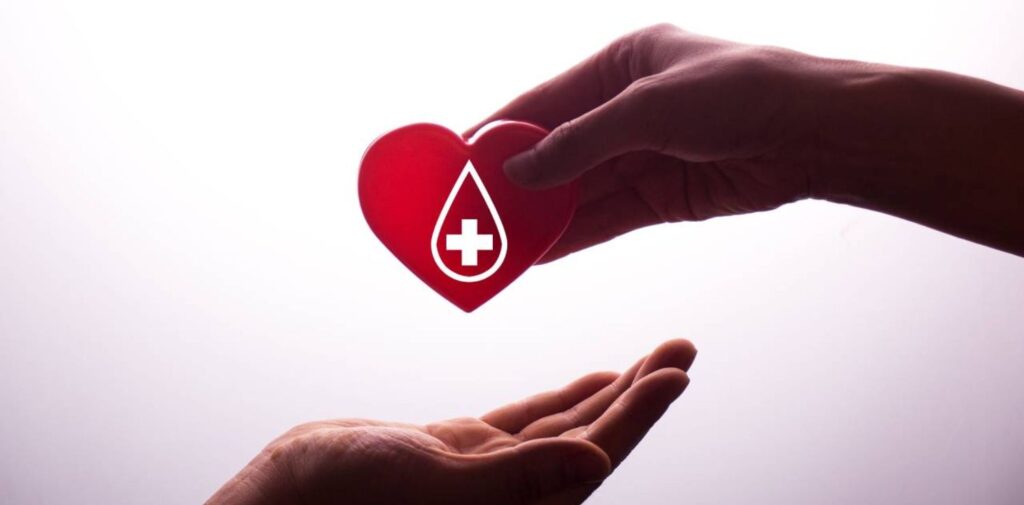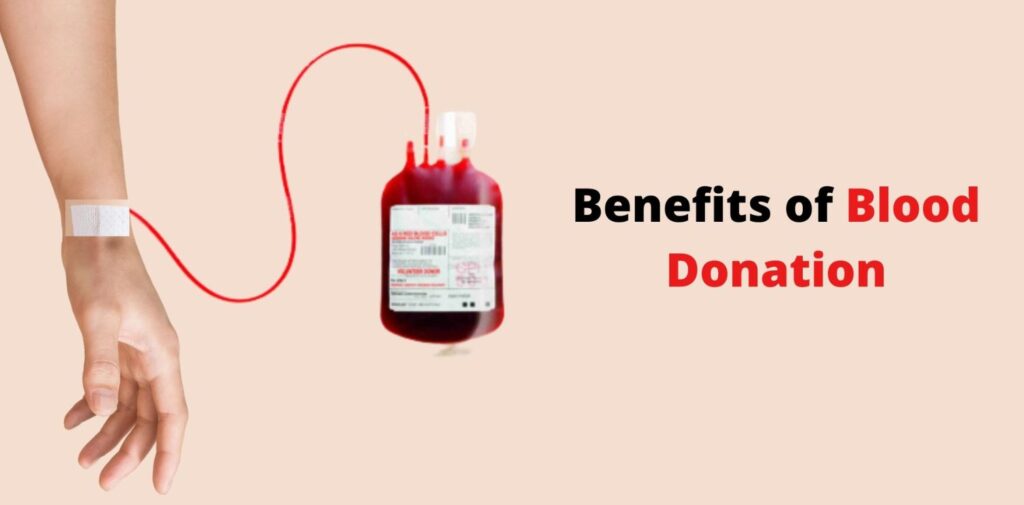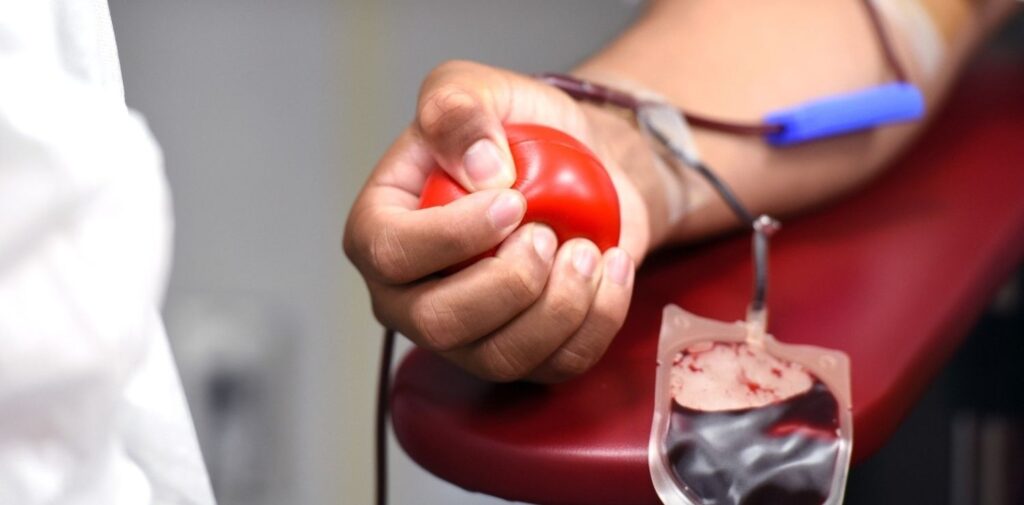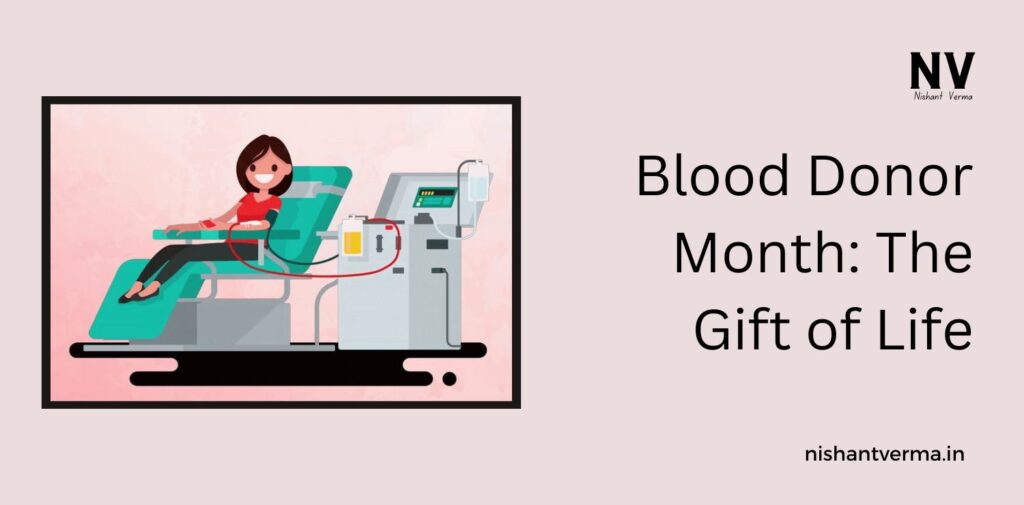January is observed as Blood Donor Month in many parts of the world, including India. This month serves as a reminder of the critical need for blood donations and encourages people to donate blood and save lives. In a country as large and diverse as India, the demand for blood is ever-increasing due to various medical conditions, accidents, surgeries, and childbirth-related complications. However, the availability of blood remains a significant challenge.
Blood donation is a simple and selfless act that can save the lives of countless individuals. In this article, we will discuss the importance of blood donation, how it helps patients, and how you can make a difference by becoming a blood donor.
Why is Blood Donation Important?
Blood is a vital fluid that our body cannot live without. It carries oxygen and nutrients to all parts of the body, helps fight infections, and removes waste products from the organs. There is no substitute for human blood, which makes blood donation extremely important. Every year, millions of people in India require blood for various reasons, including:
- Accident Victims: People involved in road accidents, natural disasters, or other traumatic events often need immediate blood transfusions.
- Surgical Procedures: Major surgeries, such as heart surgery, cancer surgery, or organ transplants, may require blood donations.
- Pregnancy and Childbirth Complications: Women who experience complications during pregnancy or childbirth may need blood transfusions to save their lives.
- Chronic Diseases: Patients with conditions such as thalassemia, sickle cell anemia, or leukemia require regular blood transfusions to survive.
- Cancer Treatment: Patients undergoing chemotherapy may need blood to replace the blood cells destroyed by the treatment.
In India, the need for blood is particularly high, but unfortunately, the blood supply does not always meet this demand. Blood banks across the country often face shortages, especially during festivals or holidays when regular blood donation camps are not held. This is where regular blood donors come into the picture—by donating blood, they help maintain a steady and reliable supply for those in need.

Who Can Donate Blood?
In India, almost everyone can donate blood, provided they are healthy and meet certain criteria. Here are the basic requirements for blood donation:
- Age: Donors should be between 18 and 65 years old. The ideal age for blood donation is 18-60 years.
- Weight: The donor should weigh at least 45 kilograms (100 pounds).
- Health Condition: The donor must be in good health and free from any infections. People suffering from conditions such as HIV, Hepatitis, and some other illnesses are not eligible to donate blood.
- Frequency: Healthy individuals can donate blood every three months (about four times a year). The process of donating blood typically takes about 30 minutes, and the body replenishes the blood within a few days to weeks, depending on the type of donation.
Types of Blood Donation
There are several ways to donate blood, depending on the needs of the recipient:
- Whole Blood Donation: This is the most common type of donation, where the donor gives a unit of whole blood. This blood is later separated into its components (red blood cells, plasma, platelets) in the laboratory and used for different medical conditions.
- Plasma Donation: Plasma is the liquid component of blood. Some patients may need only plasma for their treatment. Donors can give plasma through a process called plasmapheresis, which separates the plasma from the blood and returns the rest to the donor’s body.
- Platelet Donation: Platelets help the blood to clot. Certain cancer treatments, surgeries, or severe injuries may require platelet donations. Platelet donation is done through a process called apheresis.
- Double Red Cell Donation: In some cases, people may need red blood cells. Donors can donate two units of red blood cells while the plasma and platelets are returned to the donor’s body. This type of donation is usually recommended for donors with higher iron levels.

Benefits of Donating Blood
Apart from saving lives, blood donation has several benefits for the donor as well:
- Health Benefits: Donating blood helps reduce the risk of certain health conditions like heart disease. Regular blood donation helps maintain iron levels in the body, preventing iron overload, which could lead to heart problems.
- Mental Satisfaction: The knowledge that you have helped save a life can provide immense satisfaction and emotional well-being. Donors often feel a sense of pride and fulfillment knowing that their simple act has made a huge difference.
- Improved Blood Circulation: Regular blood donation helps in maintaining healthy circulation and the production of new blood cells.
- Free Health Check-up: Before donating blood, donors undergo a basic health screening, including checking hemoglobin levels, blood pressure, and overall health. This is like a free health check-up, which can help identify any underlying health issues early.
Blood Donation Challenges in India
While blood donation is a noble act, there are several challenges that affect blood supply in India:
- Lack of Awareness: Many people in India are still unaware of the importance of blood donation. Myths and misconceptions, such as fears about the safety of the donation process or the idea that it may cause weakness, deter people from donating blood.
- Donor Shortage: India has a population of over 1.4 billion, but only about 1-2% of the population donates blood regularly. This is far lower than what is needed to meet the demands for blood.
- Seasonal Shortages: Blood banks often face shortages during festivals, holidays, and peak wedding seasons when people are less likely to donate blood.
- Lack of Access to Blood: In rural and remote areas of India, access to blood banks is limited, and people often have to travel long distances to get blood. The situation is even more challenging in the case of emergencies.

How Can You Contribute?
Becoming a blood donor is easy, and you can make a significant difference in someone’s life. Here are some ways you can contribute:
- Donate Blood Regularly: If you meet the eligibility criteria, donate blood at least once every three months.
- Encourage Others: Talk to friends, family, and colleagues about the importance of blood donation. Organize or participate in blood donation camps, especially in schools, colleges, offices, and local communities.
- Volunteer at Blood Donation Camps: Even if you cannot donate blood, you can still volunteer at blood donation camps and help spread awareness.
- Raise Awareness: Use social media, blogs, or local events to raise awareness about the need for blood donors. The more people know about the importance of blood donation, the more likely they are to donate.
Conclusion: Blood Donor Month
Blood Donor Month is an important reminder that blood donation is a vital act of kindness. It saves lives and helps those in need of medical treatment, especially in emergencies and life-threatening situations. In India, where the demand for blood continues to grow, every donor can make a difference.
By donating blood, you not only help save lives but also inspire others to follow suit. Let us make a commitment to donate blood regularly, educate those around us, and ensure that no patient in India ever has to suffer due to a lack of blood. A small act can have a huge impact—be a hero today and donate blood.




